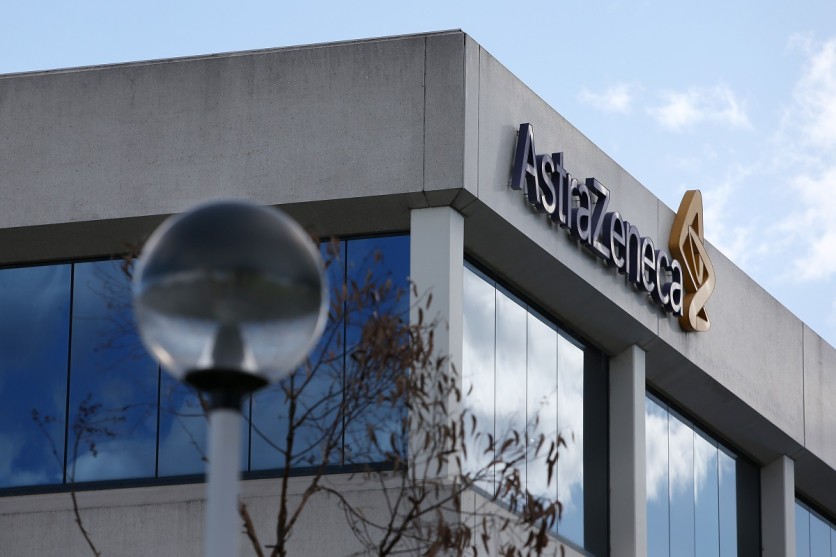After announcing that its late-stage trial results of their COVID-19 vaccine candidate show that it is up to 90% effective, AstraZeneca and the University of Oxford recently admitted that there was a 'mistake' or 'error' in the vaccine dosage used on some trial volunteers, which led to higher results.
While the public got excited of the results as vaccine costs less than a cup of coffee, the error raised questions about whether the vaccine's efficacy will continue throughout the tests. Also, health experts and scientists said the error and various omissions in the disclosed data have reduced their confidence on the results' reliability.

AstraZeneca vaccine: Declining confidence
Experts claimed that the vaccine's chance of getting emergency use approval in the United States and other countries is declining, which unfortunately a hue setback in the global campaign to end the pandemic. United States' federal vaccine program Operation Warp Speed head Moncef Slaoui noted on November 24 that AstraZeneca vaccine's results were imprecise as it may not include older people's data.
"I think that they have really damaged confidence in their whole development program," SVB Leerink analyst Geoffrey Porges based in a New York Times report.
The press statement raised questions on huge disparity variation in the effectiveness of the vaccine at different doses. AstraZeneca and Oxford researchers did not know why a smaller dose gave to produce better results. "The press release raised more questions than it answered," said Weill Cornell Medical College professor of microbiology and immunology John Moore in the report.
There were also missing crucial information since the company earlier said the early analysis was based on 131 symptomatic Covid-19 cases that resulted in study, but it did not break down the cases found among those who received the placebo, the half-strength as well as the regular-strength initial dose.

However, AstraZeneca spokeswoman Michele Meixell claimed to have conducted the trials "to the highest standards." Meixell also shared that since the discovery of the error, the U.K. regulators scrapped off the plan to test it in different doses.
Meanwhile, these results came from Britain and Brazil where clinical trials are with two differently designed. This goes against the standard practice of reporting drug and vaccine trials results.
Meanwhile, University of Florida expert in vaccine trial design and biostatistician Natalie Dean shared on Twitter that AstraZeneca and Oxford "get a poor grade for transparency and rigor when it comes to the vaccine trial results they have reported."
Dean added that she cannot decipher where all information came from and how it was combined together.
Read also : Will AstraZeneca, Moderna, BioNTech-Pfizer Roll-Out Coronavirus Vaccines on December? NHS Preparing
Doubts on AstraZeneca COVID-19 vaccine trial results
Following Moderna and Pfizer, AstraZeneca reported positive early results on the ongoing clinical trials for their COVID-19 vaccine candidate. While the results initially excited the public, health experts soon raised doubts on the released data.
The vaccine shows 90% effectiveness on about 2,800 trial volunteers who received a half dose, which was followed by a full dose after a month while nearly 8,900 participants who received two full doses only showed 62% efficiency.
Unfortunately, the doubts reflect in AstraZeneca's shares that have declined on Monday. The New York Times reported that company executives disclosed pertinent details not included in the press release with industry analysts in several private conference calls.
While this practice is common, it usually generated criticism about why these details were not publicly shared, particularly information on how Covid-19 cases were broken down across various groups.
Meanwhile, scientists urge the Oxford University team to begin a new large-scale trial, which was solely focused on determining whether the half-dose treatment was more effective than receiving two regular doses. "The only way they're going to find out is by specifically and deliberately testing this serendipitous observation," said Professor Moore adding that it is the only way to prove such speculation, according to New York Times.
AstraZeneca executive Menelas Pangalos told Reuters that trial participants were not supposed to receive the half dose as the company intended to give them two full doses. The error came as "serendipity" as it allowed researchers to stumble onto a more promising dosing regimen. The error resulted from a manufacturing issue, which Pangalos said has already been fixed.
Related article : Oxford University Claims AstraZeneca COVID-19 Vaccine Highly Effective, But Lower Than Moderna and Pfizer
This is owned by Tech Times
Written by CJ Robles
ⓒ 2026 TECHTIMES.com All rights reserved. Do not reproduce without permission.




